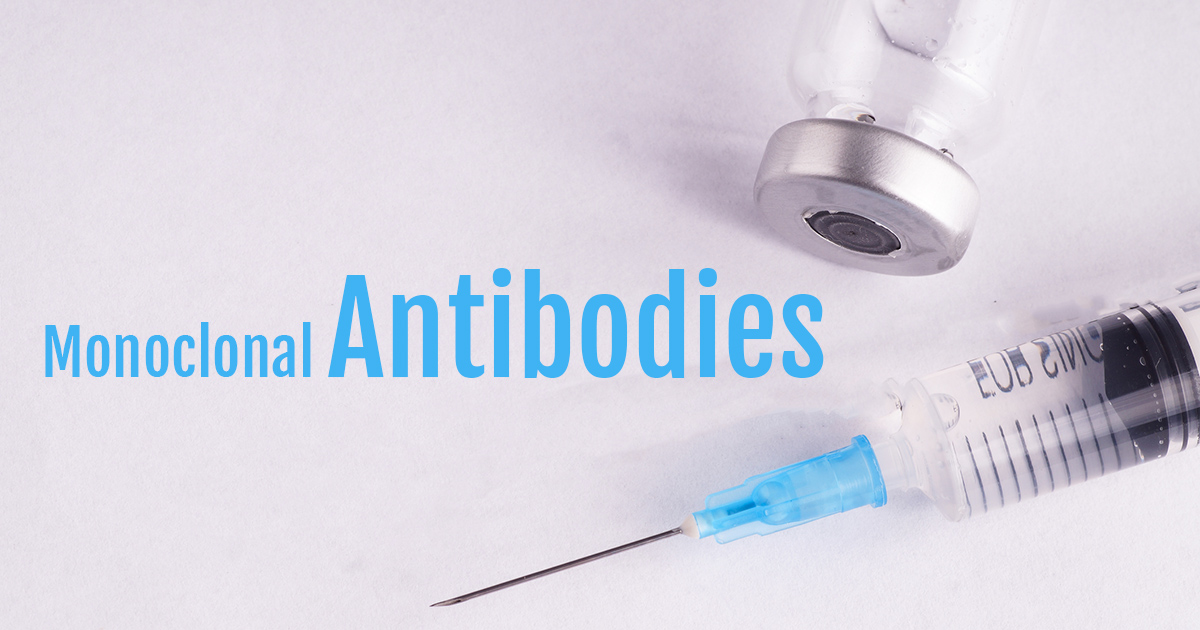How Immunotherapy Is Used To Treat Cancer
Monoclonal Antibodies

Monoclonal antibodies (mAbs) are man-made antibodies and are designed to trigger a reaction from the body’s immune system, just like natural antibodies. Some cancers, such as breast cancer, exhibit antigens on the surface of cancer cells. These antigens are what some monoclonal antibodies will attach themselves to, which indicates the immune system needs to attack and destroy them.
Doctors will also use monoclonal antibodies as a targeted therapy for cancer since they can block abnormal proteins in cancer cells. They can also block growth signals and thus prevent cancer from growing. Monoclonal antibodies are also one of the types of immunotherapy able to deliver chemotherapy or radiation straight to the cancer cells.
Types Of Monoclonal Antibodies

There are three major types of monoclonal antibodies: naked, conjugated, and bispecific. Naked mAbs, the most popular, work independently and do not require attachment onto any drug or radioactive material. They can attach themselves to the antigens located on the cancer cells, to antigens on non-cancerous cells, or to free-floating proteins. Conjugated mAbs are bound to a radioactive particle or chemotherapy drug and are then used as a mechanism to transfer the drug (e.g., chemotherapy) to the cancer cells to kill them.
The final type, bispecific mAbs, are comprised of two different mAbs. Due to this, they can bind to two different proteins simultaneously. By attaching to the two proteins, the drug unifies the cancer cells and immune cells, which research indicates as a trigger for the immune system to attack the cancer cells.
